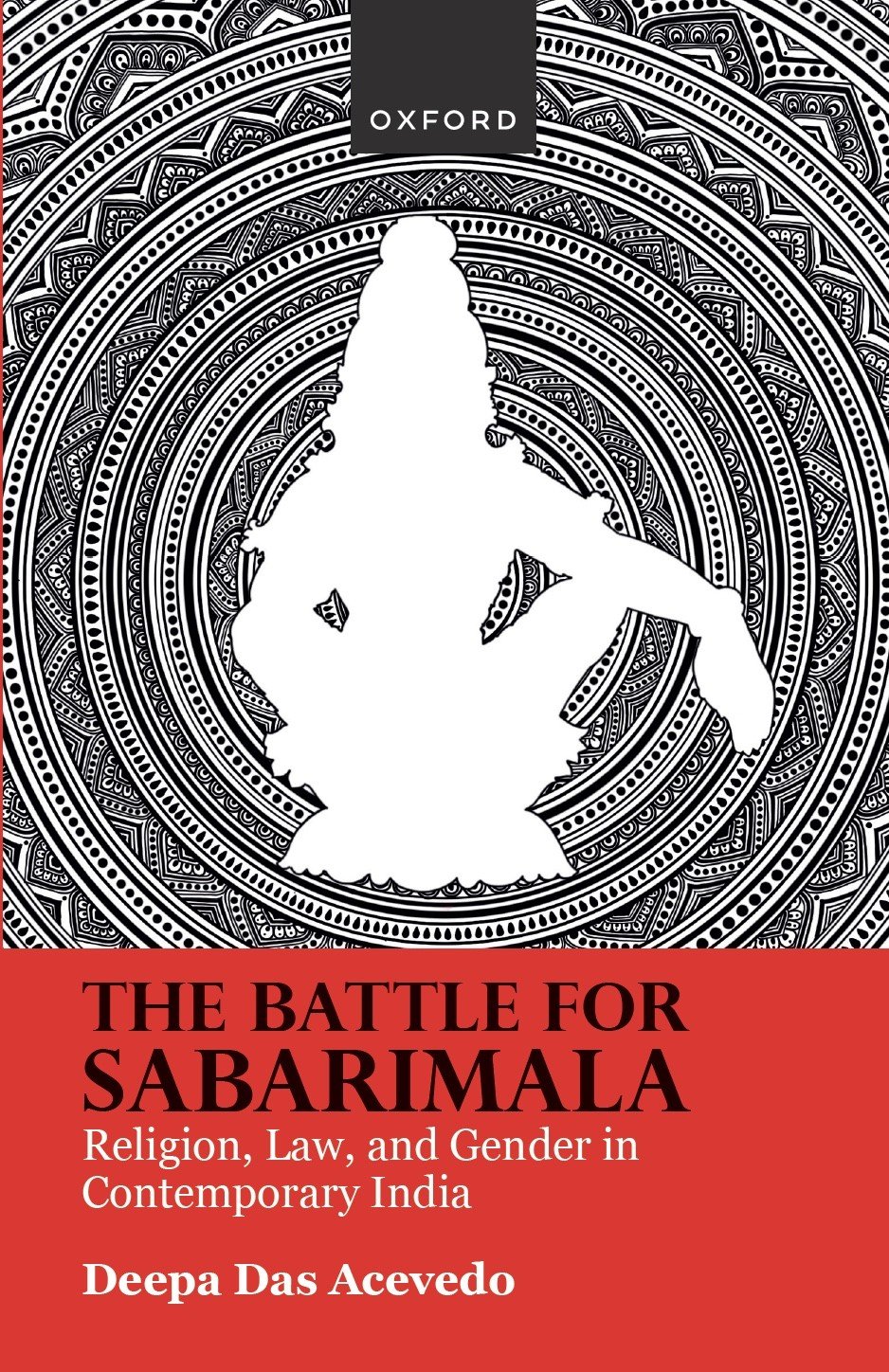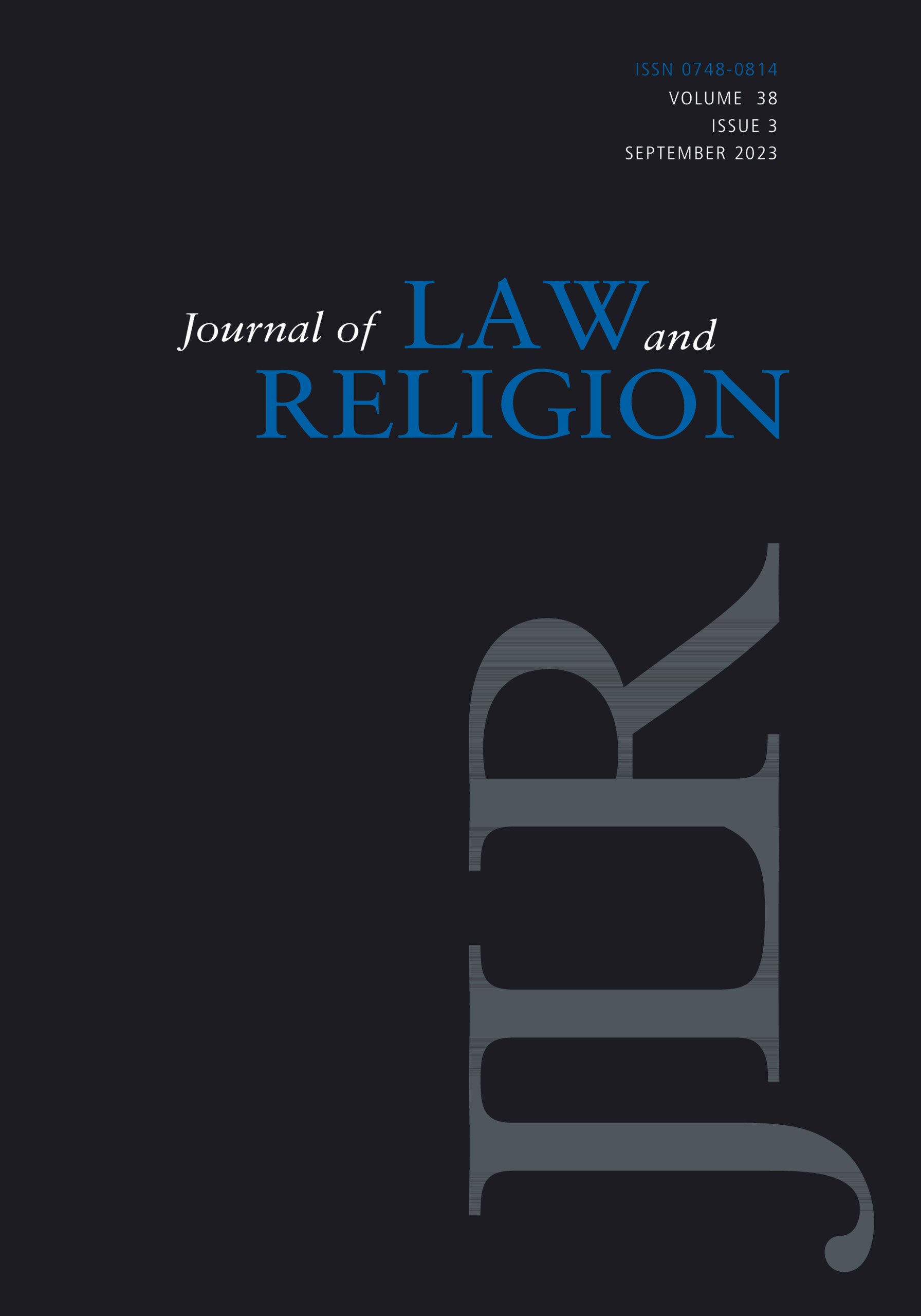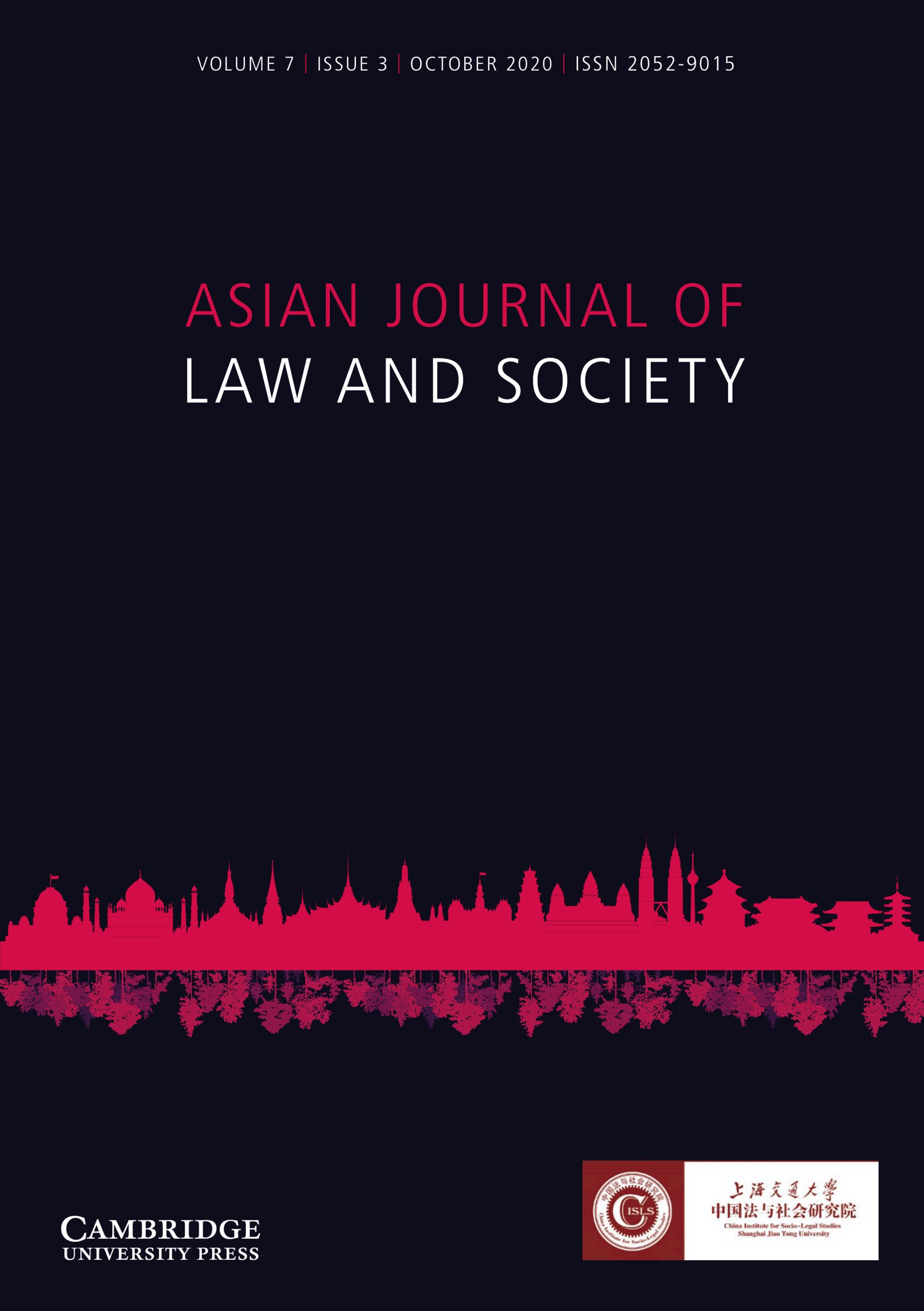
India
My India scholarship is heavily focused on personhood, religion, and the contours of democratic governance.
Since 2007, I’ve spent considerable time studying the governance of Hindu temples as a window into secular politics and citizen-state relations. The Indian Constitution contains both conventionally liberal freedoms (like freedom of religion) and unusual expressions of state power (like the state’s authority to regulate “secular activity which may be associated with religious practice”). As I’ve argued, these provisions reflect two different ways of understanding the relationship between citizens and the state, and neither approach is meant to be permanently dominant. Many of my publications in this area center on the Ayyappan temple at Sabarimala, Kerala. My monograph, The Battle for Sabarimala: Religion, Law, and Gender in Contemporary India, was published in 2024 by Oxford University Press.
In 2019, I began work on a new set of projects examining the relationship between India’s courts, Constitution, and democracy. More recently, I’ve been studying a new ecosystem of legal think tanks that emerged in the late 2010s and early 2020s. Sometimes working alongside courts and sometimes working with legislative bodies or private actors, these think tanks have become a major force in the tasks of writing, interpreting, and realizing the law in India. This research has been supported by a 2023 Fulbright Scholar award and funding from the American Philosophical Society.








